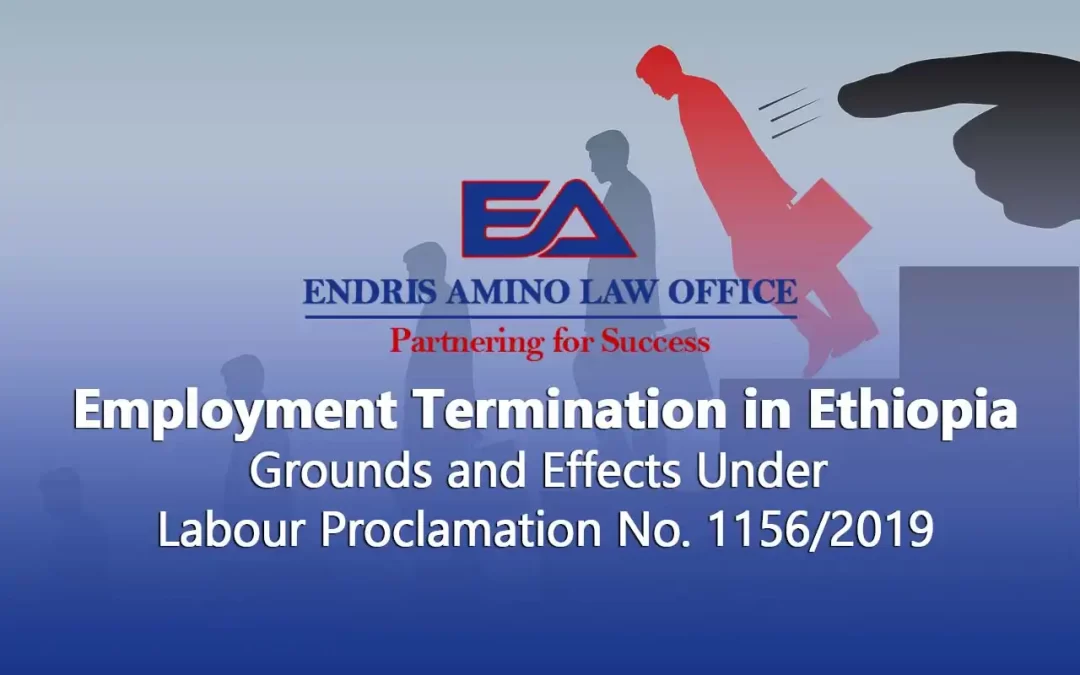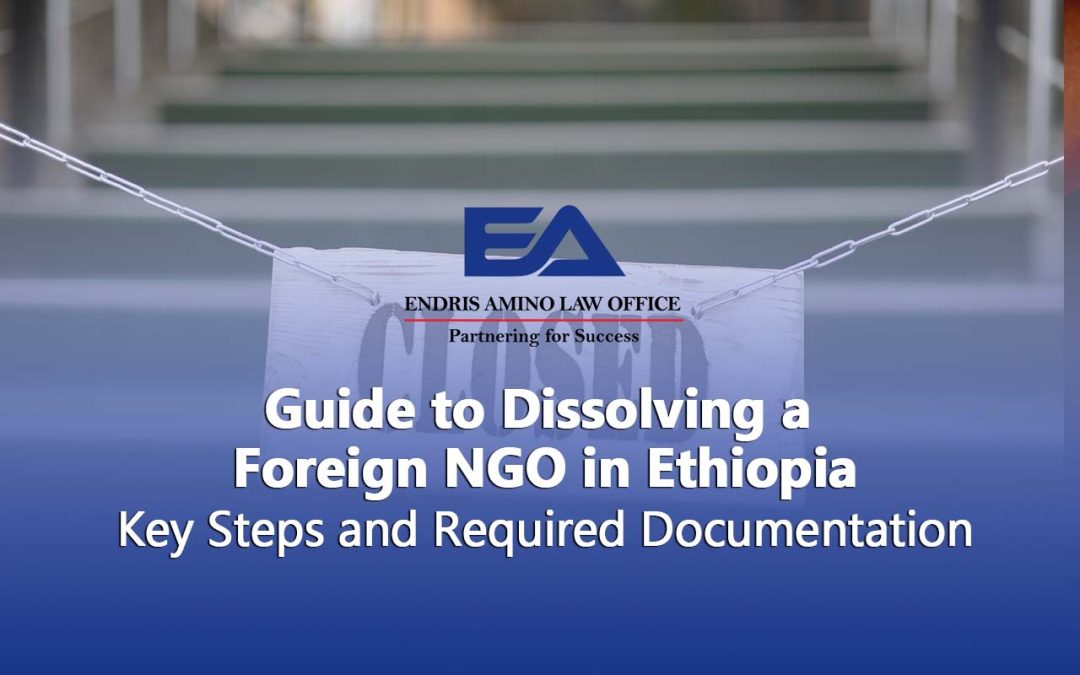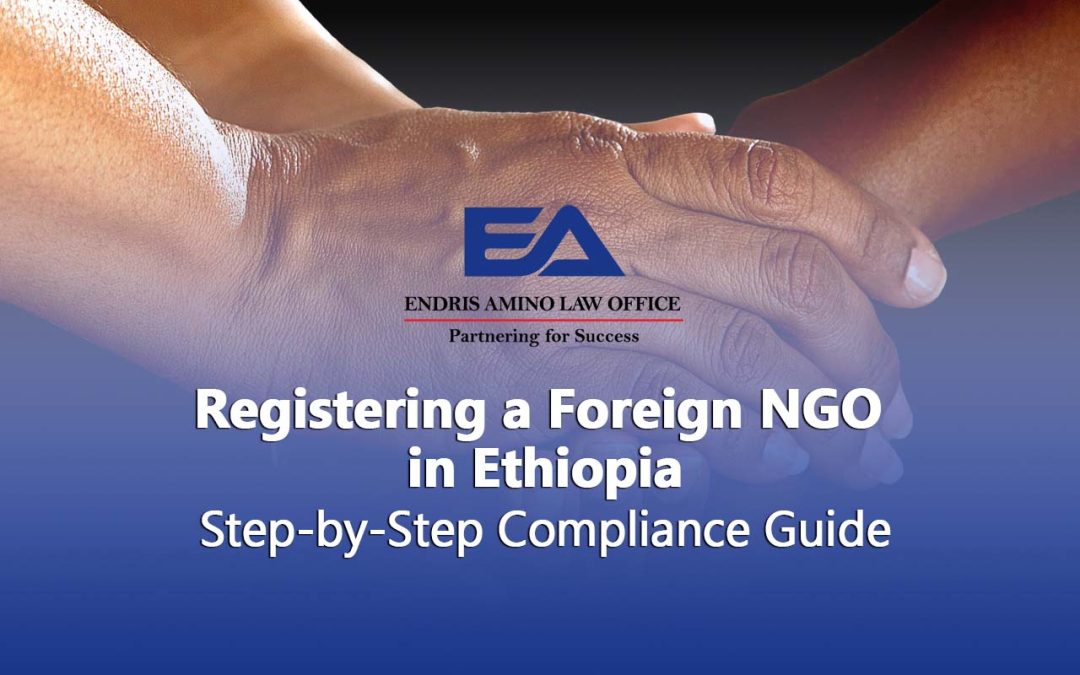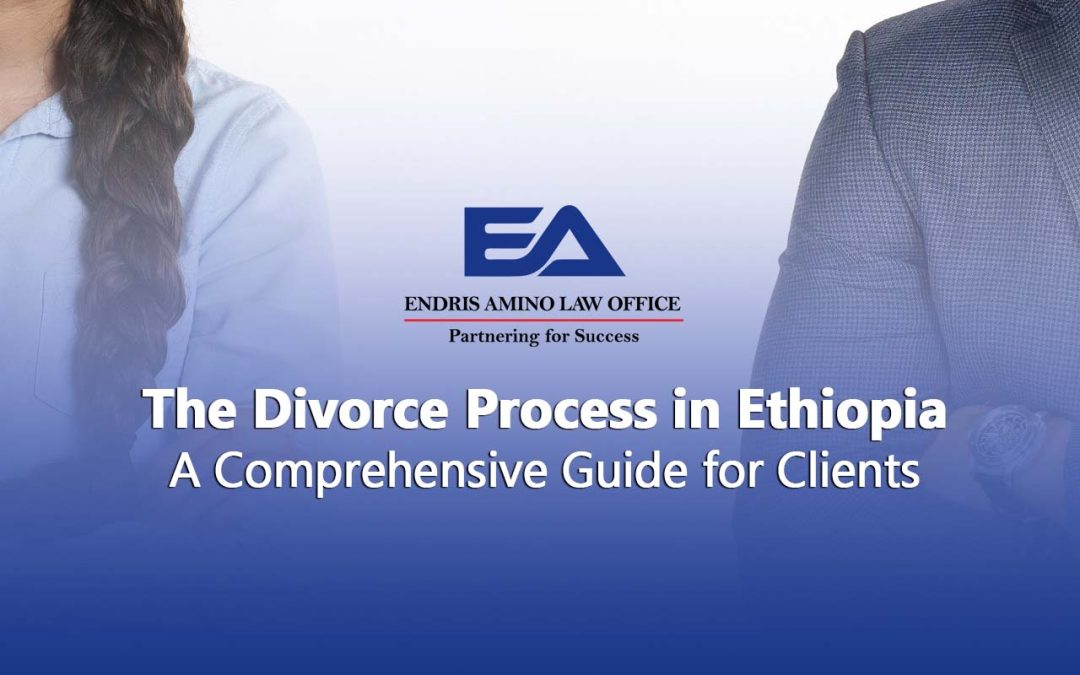The New Investment Legislations: Widening the Gateway to Foreign Investment in Ethiopia
Ethiopia has revised its investment proclamation and regulation as part of the ongoing economic and legal reforms. The new Investment Proclamation No. 1180/2020 and the Investment Regulation No. 474/2020 aimed to introduce new changes to investment admission and administration in Ethiopia. The laws are expected to increase in-bound investment and address some of the administrative challenges facing investors on the ground.
The legislation has also lifted restrictions on some categories of investors. The Ethiopian Diaspora and foreign nationals that have lived in Ethiopia for a long period have benefited from the changes made. The service sectors which had been restricted for foreign Investment are now permitted with the expectation to attract more investment in services such as, IT, tourism, education, and health. Nonetheless, the new Investment Proclamation has exclusive lists of investment areas in three categories, the Investment Board under a special circumstance is given the authority to revise these lists of investments categorized under reserved for joint investment with the Government, for domestic investors, and joint investment with domestic investors.
For existing investors in the country, the changes will offer more opportunities to expand current investments to other sectors due to larger sector options. Existing investors will also benefit from new rules on investment dispute and grievance handling procedures that are likely to streamline administrative processes at federal and regional levels.
In this piece of our legal update, we highlight the key aspects of the new legislations focusing on investment sectors, particularly the service sector that are permitted to foreign investors and joint investments with the government or domestic investors. According to article 6 (1) of the new Investment Proclamation no. 1180/2020, apart from the reserved areas for domestic investment, any investor may engage in any area of investment except where it is contrary to law, moral, public health, or security.
Newly Permitted Service Sectors for Foreign Investors
Consultancy, Health, Education and Cement Manufacturing
Investment in health services, which was previously restricted to foreigners, is now permitted at all levels except small and medium health services. Further, restrictions in cement manufacturing, education, management consultancy, and other services are removed under the New Regulation.
Transport Services
Previously the provision of transport services, including, air, railway, ground, and marine was prohibited for foreign investment. The New Regulation lifts this restriction to allow foreign investment in the areas of railway transport, cable car transport, cold-chain transport, and freight transport.
Wholesale Trade
Consistent with previous policies, the New Regulation limits wholesale trade to domestic investors except for wholesale of petroleum and petroleum products and wholesale of own products manufactured in Ethiopia. Further, Article 4 of the New Regulation expands the exception to permit foreign investors to engage in wholesale trade that is carried via electronic commerce. The New Regulation does not provide a definition of electronic commerce and the qualifications required to benefit from such an exception.
Retail Trade and Electronic Commerce
Under previous laws, foreign investors engaged in the manufacturing sector were only permitted to wholesale their products. Retail of own products was not permitted and could only be carried out through local intermediaries. Like wholesale trade, the New Regulation exempts retail trade carried out via electronic commerce from such restriction. As there is no definition or guidance as to what constitutes “electronic commerce” and whether all types of retail will be permitted on electronic platforms, it is too early to opine on the implication of such exemption. The scope of application of electronic commerce will likely be determined by sector-specific legislation or directive`s to be issued by the Ethiopian Investment Commission.
Areas Reserved for Joint-Venture Investment with the Government
Sectors reserved for joint investment with the government are investment areas where the government seeks to retain majority ownership. The New Regulation enables the government to form such joint ventures with domestic and foreign investors if and when it desires. However, the New Regulation does not provide a mandatory ownership cap for foreigners investing in this category, leaving the decision to the discretion of the government. The investment areas where joint-venture investment is permitted are;
- Manufacturing of weapons, ammunition, and explosives used as weapons or make a weapon,
- Import and export of electronics
- energy,
- International air transport services,
- Bus rapid transit: and
- Postal services excluding courier services
Areas Exclusively Reserved for Joint Investment with Domestic Investors
The New Regulation introduces a new category of sectors where foreign investment is permissible only if it is carried out on a joint venture with domestic investors. This follows the precedence set by the logistics sector allowing a maximum of 49% foreign ownership. The New Regulation lists seven sectors where foreign investment is permissible only up to a maximum of 49% ownership. These sectors are;
- Freight forwarding and shipping agency services,
- Domestic air transport services,
- Cross-country public transport services using buses with a seating capacity of more than 45 passengers,
- Urban mass transport services with large carrying capacity,
- Advertisement and promotion services,
- Audiovisual services motion picture and video recording production and distribution and
- Accounting and Auditing services,
Investment by the Ethiopian Origin (Diaspora)
The Investment Proclamation abolished the distinction between Ethiopian nationals and foreign nationals of Ethiopian origin removing sectors that were exclusively reserved for Ethiopian nationals. This is consistent with amendments made to sector-specific laws such as the Banking Business Proclamation and the Insurance Business Proclamation. The New Regulation also eliminates the previous distinction between Ethiopian nationals and Ethiopian diaspora. Ethiopian nationals, foreign nationals of Ethiopian origin (“Ethiopian Diaspora”), and Foreign nationals recognized as domestic investors by these legislations. Accordingly, the Ethiopian Diasporas are now eligible to invest in:
- Banking, insurance, and micro-credit services
- Packaging, forwarding, and shipping agency services
- Media services
- Attorney and Legal consultancy services
- Preparation of indigenous traditional medicines
- Advertisement, promotion, and translation works:
- Domestic air transport services
If you have any inquiries, feedback, or seek our legal support, please don’t hesitate to contact us.
Note: This blog is intended to give information on Ethiopian Investment law and practice and is not a substitute for our professional advice given with full knowledge of the specific circumstances.





